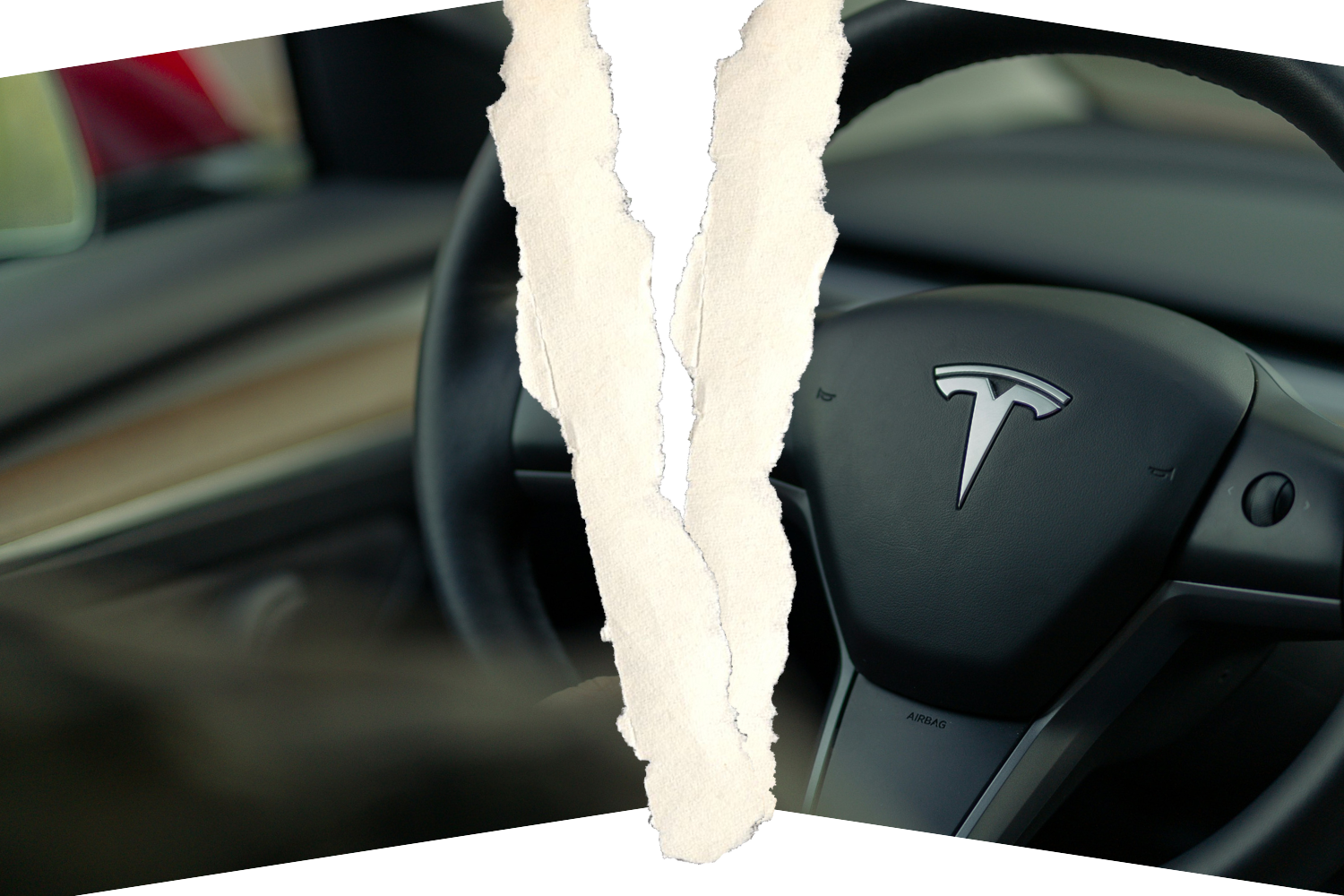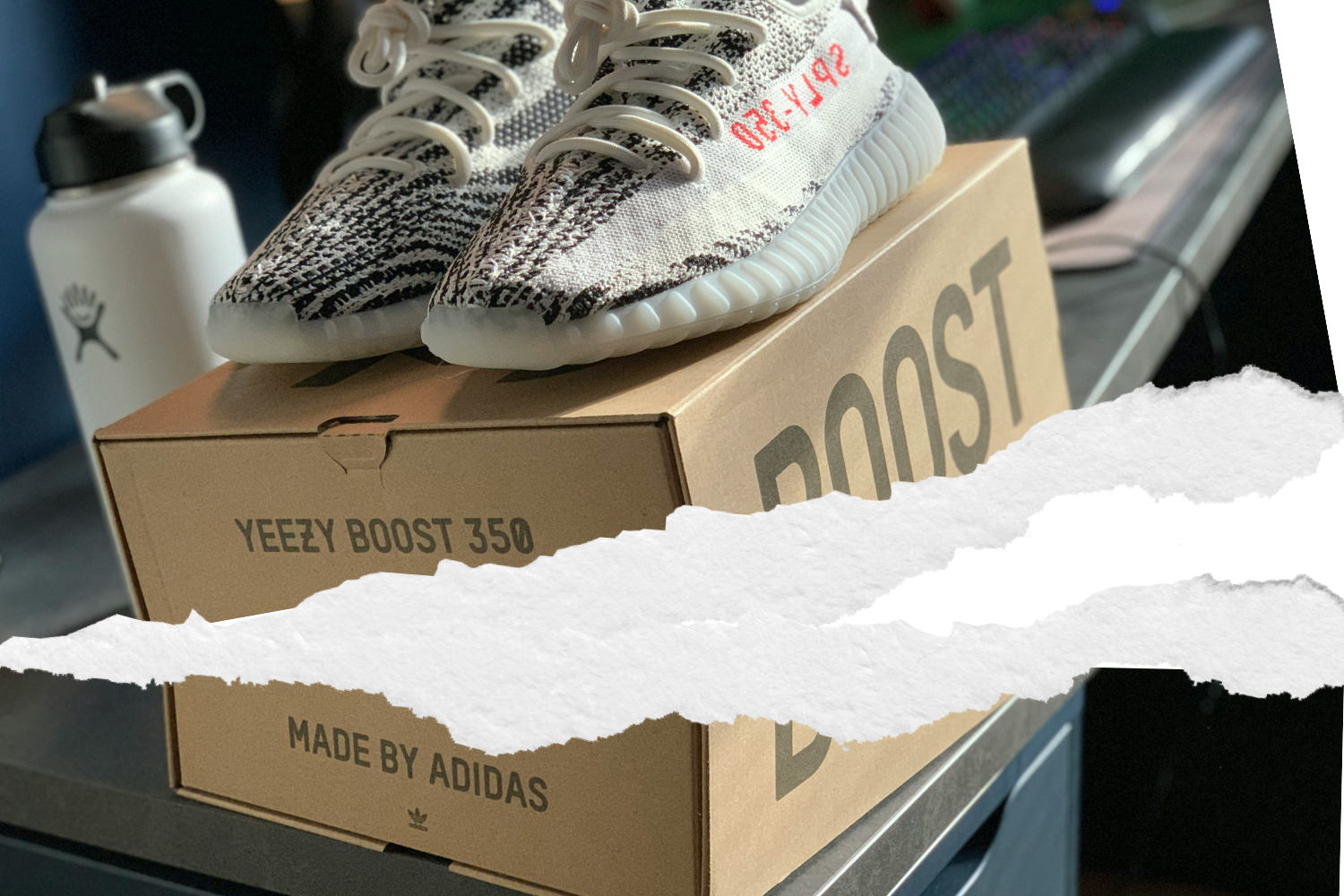When the Founder Becomes a Liability
We all love a founder story... until it backfires.
Take Elon Musk.
Once hailed as a genius innovator and the ultimate tech visionary, Musk built his personal brand around pushing boundaries; from space exploration to electric vehicles to brain implants.
For a long time, that rebellious, “why not?” energy worked in his favour. He was the brand. Tesla, SpaceX, Neuralink were all extensions of Elon.
But in recent years, his personal brand has gone off the rails.
From erratic tweets to aligning himself with conspiracy theories and far-right figures, Musk’s behaviour has become increasingly polarizing.
He’s flip-flopped on political allegiances…aligning himself with Donald Trump at one point, then publicly distancing himself.
He’s spread misinformation, picked fights with journalists, fired employees live on Twitter (now X), and continues to post inflammatory and often offensive content on the platform he owns.
In late 2022 and early 2023, Tesla’s stock dropped more than 65%, wiping out hundreds of billions in market value. While broader market conditions played a role, many analysts and investors pointed directly to Musk’s behaviour as a major factor.
The pattern continued into 2024 and 2025. Each time Musk aligned himself with polarizing political movements, spread conspiracy theories, or launched into one of his infamous tirades online, Tesla’s stock and brand reputation took a hit.
Even loyal customers began to distance themselves.
Some Tesla owners started placing bumper stickers on their cars that read, “I bought this before Elon went crazy” or "Vintage Tesla: Pre Madness Edition". All in an attempt to separate themselves from the man behind the brand. When I was in Montreal recently, I saw two Teslas with those exact stickers. That kind of public disassociation is telling.
Even more disturbing? Reports of vandalism and “Tesla hate” have increased. People are keying Teslas, spitting on them, or confronting drivers. Not because of the car itself, but because of what Elon Musk has come to represent to them.
This is a brand that was once seen to be the pinnacle of innovation and sustainability. Now, for many, it’s become a symbol of ego, chaos, and controversy. All because he refuses (or is unable) to separate his personal impulses from his public platform.
Then there’s Kanye West (Ye).
While not a traditional founder, Kanye built his empire on the strength of his personal brand and turned his name and image into a billion-dollar business. His Yeezy line with Adidas became a global phenomenon rooted entirely in his influence.
But the same unfiltered, “nothing off-limits” energy that once fueled his rise eventually became his downfall.
In 2022, Kanye made a series of deeply troubling antisemitic remarks across interviews and social media. Despite public backlash, he doubled down. He praised Hitler in interviews, wore a “White Lives Matter” shirt at Paris Fashion Week, and repeatedly promoted hate speech and conspiracies on social media.
The consequences came swiftly and decisively.
Adidas, which had been in partnership with Kanye since 2015 and had built Yeezy into a billion-dollar brand, terminated their agreement. The brand was expected to lose $1.3 billion in projected revenue that year alone.
Once a symbol of edgy innovation and cultural cool, Kanye’s personal brand had become radioactive.
And the ripple effect was massive.
Gap, Balenciaga, Vogue, and other high-profile collaborators also severed ties. His talent agency dropped him. Long-time fans walked away. Social platforms restricted him. His billionaire status evaporated almost overnight.
When a personal brand becomes a liability, it doesn’t just collapse the person… it collapses everything they’re connected to.
How to Protect Your Brand (and Still Be Yourself)
Your personal brand is powerful. And with great power, comes great responsibility (as the saying goes). But without boundaries, it can become a liability. Here’s how to protect your reputation while still showing up authentically:
Decide what you’ll speak about, and what’s off-limits.
Politics? Social justice? Family life? Define your personal “red lines” in advance. It’s easier to stay aligned when you’ve already made those decisions.
Separate the person from the brand.
You are not your business. Make sure your company has its own identity, values, and voice. You want something that can thrive if your role evolves or you step back or sell.
Be vulnerable, but intentional.
Share stories that serve your audience and align with your mission. Vulnerability builds connection, oversharing can erode trust. Finding the balance can be challenging, but worth it. (Refer back to point one for guidance.)
Think long-term.
Before posting or speaking out, ask yourself: Does this build trust in my brand? Will I regret this a year from now? Will this hurt anyone I care about?
Get an outside perspective.
It’s easy to miss your own blind spots. A trusted advisor or brand strategist can help you see where your personal brand may be overshadowing or undermining your business.
Brand Equity or Brand Risk?
The best founders I know work on their personal brand as strategically as they do their business. They know that reputation is a valuable currency. And that their actions, opinions, and presence have an impact on their business.
A great founder can elevate a brand.
But when mismanaged? They can just as easily bring it down.
Let’s make sure your brand is working for you, not against you.
We help founders define clear boundaries, align their personal and business brands, and build reputations that are authentic, intentional, and built to last.


